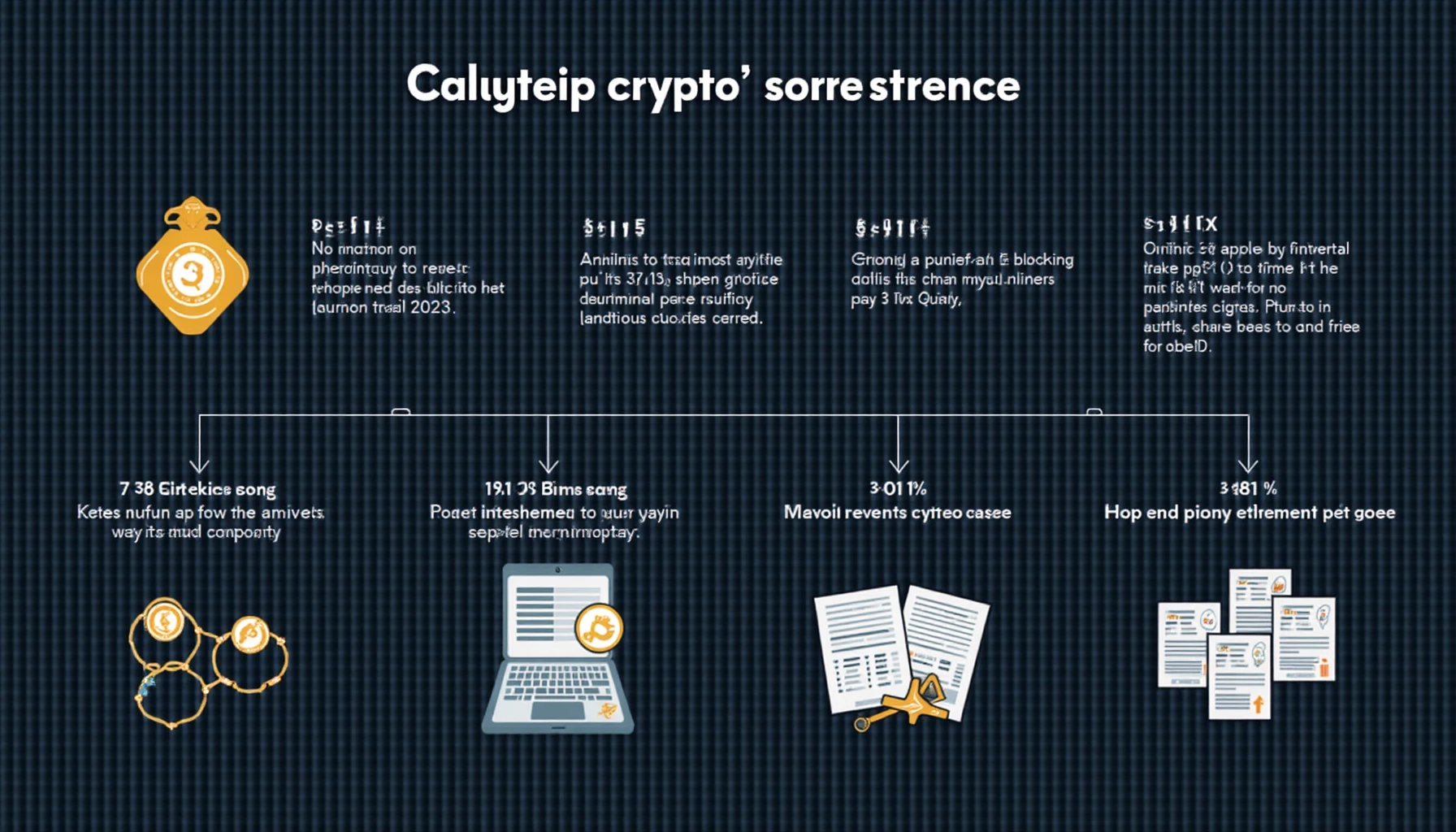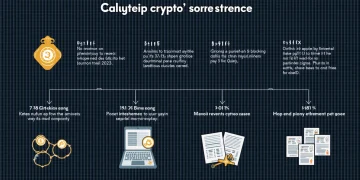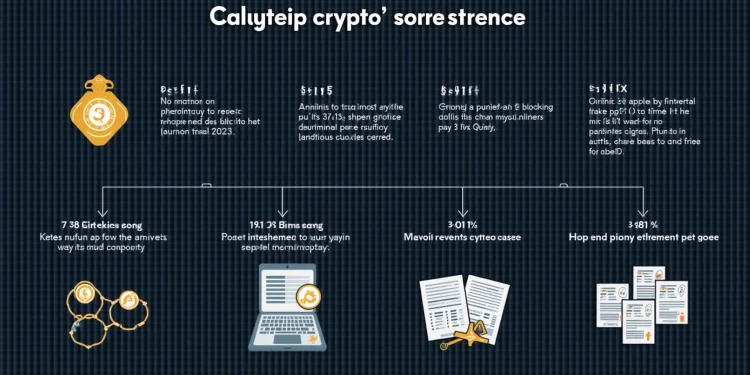How to Calculate Crypto Capital Gains: A Step-by-Step Guide for Investors
Did you know that over 68% of crypto investors miscalculate their capital gains? Whether you’re trading Bitcoin or exploring DeFi projects, understanding how to calculate crypto profits correctly can save you from costly tax mistakes. Let’s break down the process into simple steps.
1. Understanding Crypto Capital Gains Basics
Capital gains occur when you sell or trade cryptocurrency at a higher price than your purchase price. There are two types:
- Short-term gains: Assets held for less than 1 year (taxed as ordinary income)
- Long-term gains: Assets held over 1 year (lower tax rates apply)
Real-world example:
Imagine buying 1 ETH for $2,000 and selling it 18 months later for $4,500. Your $2,500 profit qualifies as long-term capital gains.

2. Determining Your Cost Basis
Your cost basis includes:
- Original purchase price
- Transaction fees
- Mining equipment costs (for mined crypto)
Pro tip: Tools like Bitora‘s portfolio tracker automatically calculate cost basis across multiple exchanges.
3. Choosing an Accounting Method
The IRS accepts these methods for calculating crypto gains:
- FIFO (First-In-First-Out): Default method – sells oldest assets first
- LIFO (Last-In-First-Out): Sells most recently acquired assets
- Specific Identification: Choose exactly which assets to sell
4. Special Considerations for 2025
With 40% growth in Asia-Pacific crypto transactions (Chainalysis 2025), regulators are paying closer attention. Remember:
- Staking rewards count as income when received
- NFT sales follow the same capital gains rules
- Singapore has different reporting requirements than the US
5. Calculating Your Tax Liability
Use this simple formula:
Capital Gain = Selling Price – Cost Basis – Allowable Expenses
For example, if you bought 0.5 BTC for $15,000 (including $100 fees) and sold for $25,000 with $200 transaction fee:
$25,000 – $15,000 – $200 = $9,800 taxable gain
Next Steps for Crypto Investors
Now that you understand how to calculate crypto capital gains, take these actions:
- Download Bitora‘s free 2025 Crypto Tax Checklist
- Consult a tax professional for complex situations
- Consider tax-loss harvesting strategies
Remember: This guide doesn’t constitute financial advice. Always verify requirements with your local tax authority.
Bitora provides cutting-edge tools for cryptocurrency portfolio management and tax reporting. Our platform helps investors stay compliant while maximizing returns.
About the author:
Dr. Michael Chen, blockchain researcher with 12 published papers on cryptocurrency taxation. Lead auditor for the Global Digital Asset Compliance Initiative. Former advisor to the Monetary Authority of Singapore.



























